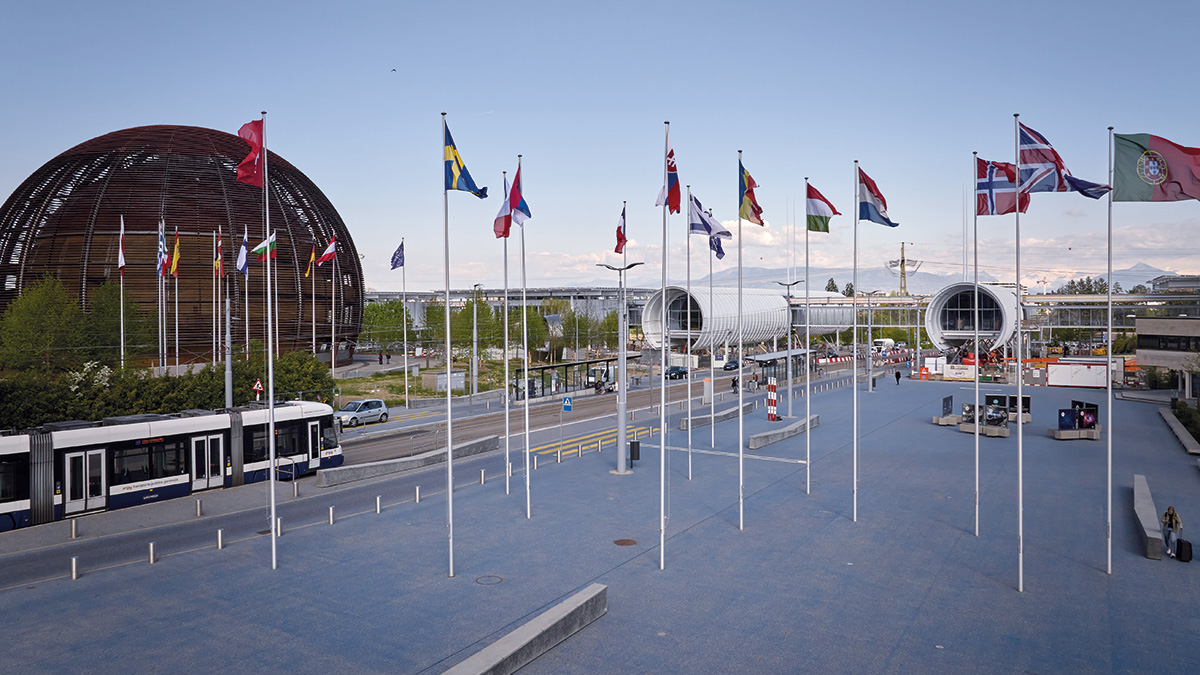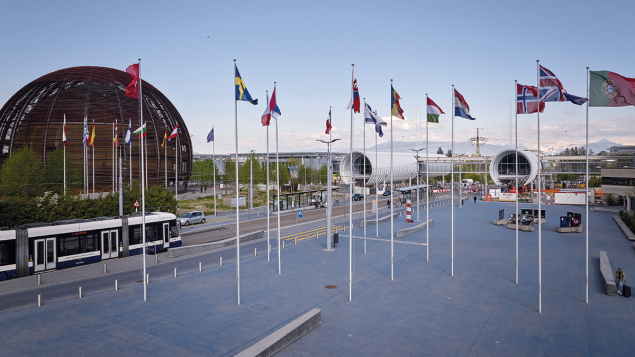International collaboration Slovenia has become CERN’s 25th Member State. Credit: CERN
Slovenia became CERN’s 25th Member State on 21 June, formalising a relationship of over 30 years. Full membership confers voting rights in the CERN Council and opportunities for Slovenian enterprises and citizens.
“Slovenia’s full membership in CERN is an exceptional recognition of our science and researchers,” said Igor Papič, Slovenia’s Minister of Higher Education, Science and Innovation. “Furthermore, it reaffirms and strengthens Slovenia’s reputation as a nation building its future on knowledge and science. Indeed, apart from its beautiful natural landscapes, knowledge is the only true natural wealth of our country. For this reason, we have allocated record financial resources to science, research and innovation. Moreover, we have enshrined the obligation to increase these funds annually in the Scientific Research and Innovation Activities Act.”
“On behalf of the CERN Council, I warmly welcome Slovenia as the newest Member State of CERN,” said Costas Fountas, president of the CERN Council. “Slovenia has a longstanding relationship with CERN, with continuous involvement of the Slovenian science community over many decades in the ATLAS experiment in particular.”
On 8 and 16 May, respectively, Ireland and Chile signed agreements to become Associate Member States of CERN, pending the completion of national ratification processes. They join Türkiye, Pakistan, Cyprus, Ukraine, India, Lithuania, Croatia, Latvia and Brazil as Associate Members – a status introduced by the CERN Council in 2010. In this period, the Organization has also concluded international cooperation agreements with Qatar, Sri Lanka, Nepal, Kazakhstan, the Philippines, Thailand, Paraguay, Bosnia and Herzegovina, Honduras, Bahrain and Uruguay.

